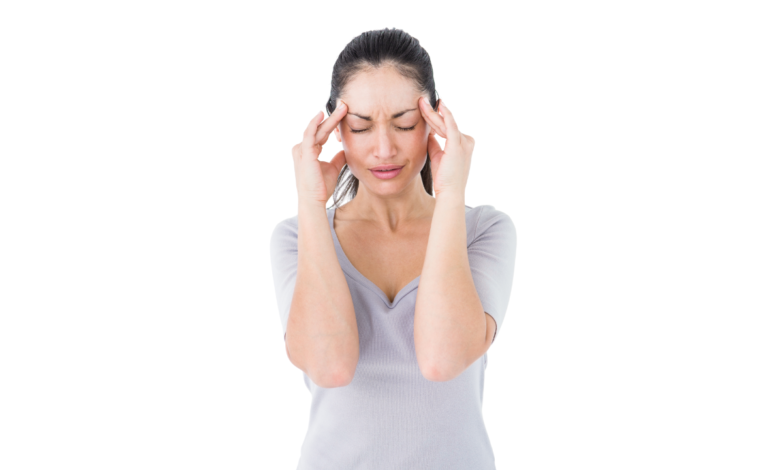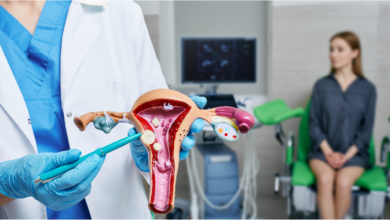
What is a migraine headache?
A migraine headache is a type of severe headache, often with throbbing pain on one side of the head. It may also be accompanied by nausea, vomiting, and sensitivity to light and sound.
What are the symptoms of migraine headaches?
Common symptoms of migraine headaches include:
• Throbbing pain on one side of the head
• Nausea and vomiting
• Sensitivity to light and sound
• Visual disturbances (aura), such as flashing lights or blind spots
Who can suffer from migraine headaches?
Migraine headaches can happen to anyone, but they are more common in women. It often begins during adolescence or young adulthood.
What are the types of migraine headaches?
There are two main types of migraine headaches:
• Migraine with aura: characterized by visual or sensory disturbances before the headache.
• Migraine without aura: this involves no symptoms before the headache.
What diagnostic tests are available for migraine headaches?
While there are no specific medical tests to diagnose migraine headaches, a health care professional can make a diagnosis based on a detailed history of symptoms and a physical examination. In some cases, additional tests may be necessary to rule out other conditions.
What is the treatment for migraine headaches?
There is no cure for migraine headaches, but treatment can help manage symptoms and reduce the frequency of attacks. Treatment options may include:
- Over-the-counter pain relievers: Nonsteroidal anti-inflammatory drugs (NSAIDs) or acetaminophen may help relieve pain.
- Prescription medications: Triptans, ergotamine, and beta-blockers may be prescribed to prevent or treat migraine headaches.
- Lifestyle changes: Managing stress, getting enough sleep, avoiding triggers (e.g., certain foods, beverages, or environmental factors), and regular exercise may help reduce the frequency and severity of migraines.
What diet should I follow?
Although there is no specific diet that can prevent or cure migraine headaches, some people find that certain foods and beverages can trigger migraine attacks. Common triggers include:
• Tyramine-rich foods: aged cheeses, cured meats, fermented foods
• Caffeine: Excessive caffeine intake can trigger migraines in some people.
• Alcohol: Alcohol can trigger or worsen migraines.
• Chocolate: Some people may be sensitive to chocolate.
Which doctor will treat migraine headaches?
• Neurologist
Can migraine headaches be cured completely?
Although there is no cure for migraine headaches, many people can effectively manage their symptoms with proper treatment and lifestyle changes. Some individuals may experience temporary relief or even complete remission from migraines.





